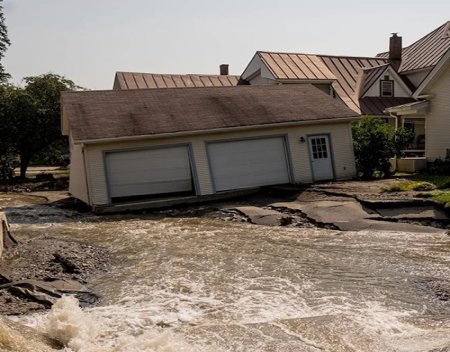Blog Categories
- Appliances Four
- Athletic Seating
- Auto Helpers
- Automated Stock Rooms
- Chocolate Four
- CuraFlo
- Damaged Goods Dating
- Flood Insurance Four
- Game Addict
- Hi Tech Pest Control
- HVAC Four
- Medical Labels Four
- Mental Health Four
- National CWS
- Promotional Ideas
- Seguros Lara Insurance
- Stem Cell Worx
- The Hidden Truth
- The Last Refuge
- The Mozilla Blog
- Video Editing Four
- Web Design Dev
- Website Development Four
- Windows Blog
flood zone hazards

Flood zones present various hazards that can pose risks to both people and property.
Some of these hazards include: Water Damage: Floodwaters can cause extensive damage to buildings, homes, and infrastructure.
This damage may include structural damage, electrical hazards, and damage to belongings.
Health Risks: Floodwaters can contain contaminants such as sewage, chemicals, and debris, posing health risks to those who come into contact with them.
Waterborne diseases, such as cholera and typhoid, can also spread in flood-affected areas.
Electrical Hazards: Floodwaters can disrupt electrical systems, leading to electrical fires, electrocution hazards, and power outages.
Avoid contact with electrical equipment or outlets in flooded areas.
Structural Damage: Floodwaters can undermine the stability of buildings and infrastructure, leading to collapses or compromised structural integrity.
This poses risks to occupants and emergency responders.
Transportation Disruptions: Floods can render roads and bridges impassable, disrupting transportation networks and emergency response efforts.
This can impede evacuation procedures and access to essential services.
Contaminated Water Supply: Floods can contaminate drinking water sources, leading to shortages or the spread of waterborne illnesses.
It's important to have access to clean drinking water during and after a flood event.
Environmental Impact: Floods can have significant environmental consequences, such as soil erosion, habitat destruction, and contamination of ecosystems.
These impacts can affect both wildlife and human communities.
Mold Growth: After the floodwaters recede, the excess moisture left behind can promote the growth of mold and mildew.
Exposure to mold spores can cause respiratory issues and exacerbate allergies and asthma.
Displacement and Economic Losses: Floods can force people to evacuate their homes, leading to displacement and temporary or permanent loss of shelter.
Businesses may suffer economic losses due to property damage, interruption of operations, and loss of inventory.
Understanding these hazards and taking appropriate precautions, such as having an emergency preparedness plan, obtaining flood insurance, and following evacuation orders, can help mitigate the risks associated with flood-prone areas.
Re Posted From: flood zone hazards

Flood zones present various hazards that can pose risks to both people and property.
Some of these hazards include: Water Damage: Floodwaters can cause extensive damage to buildings, homes, and infrastructure.
This damage may include structural damage, electrical hazards, and damage to belongings.
Health Risks: Floodwaters can contain contaminants such as sewage, chemicals, and debris, posing health risks to those who come into contact with them.
Waterborne diseases, such as cholera and typhoid, can also spread in flood-affected areas.
Electrical Hazards: Floodwaters can disrupt electrical systems, leading to electrical fires, electrocution hazards, and power outages.
Avoid contact with electrical equipment or outlets in flooded areas.
Structural Damage: Floodwaters can undermine the stability of buildings and infrastructure, leading to collapses or compromised structural integrity.
This poses risks to occupants and emergency responders.
Transportation Disruptions: Floods can render roads and bridges impassable, disrupting transportation networks and emergency response efforts.
This can impede evacuation procedures and access to essential services.
Contaminated Water Supply: Floods can contaminate drinking water sources, leading to shortages or the spread of waterborne illnesses.
It's important to have access to clean drinking water during and after a flood event.
Environmental Impact: Floods can have significant environmental consequences, such as soil erosion, habitat destruction, and contamination of ecosystems.
These impacts can affect both wildlife and human communities.
Mold Growth: After the floodwaters recede, the excess moisture left behind can promote the growth of mold and mildew.
Exposure to mold spores can cause respiratory issues and exacerbate allergies and asthma.
Displacement and Economic Losses: Floods can force people to evacuate their homes, leading to displacement and temporary or permanent loss of shelter.
Businesses may suffer economic losses due to property damage, interruption of operations, and loss of inventory.
Understanding these hazards and taking appropriate precautions, such as having an emergency preparedness plan, obtaining flood insurance, and following evacuation orders, can help mitigate the risks associated with flood-prone areas.
Re Posted From: flood zone hazards

